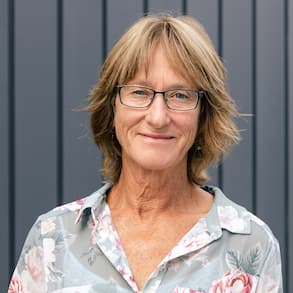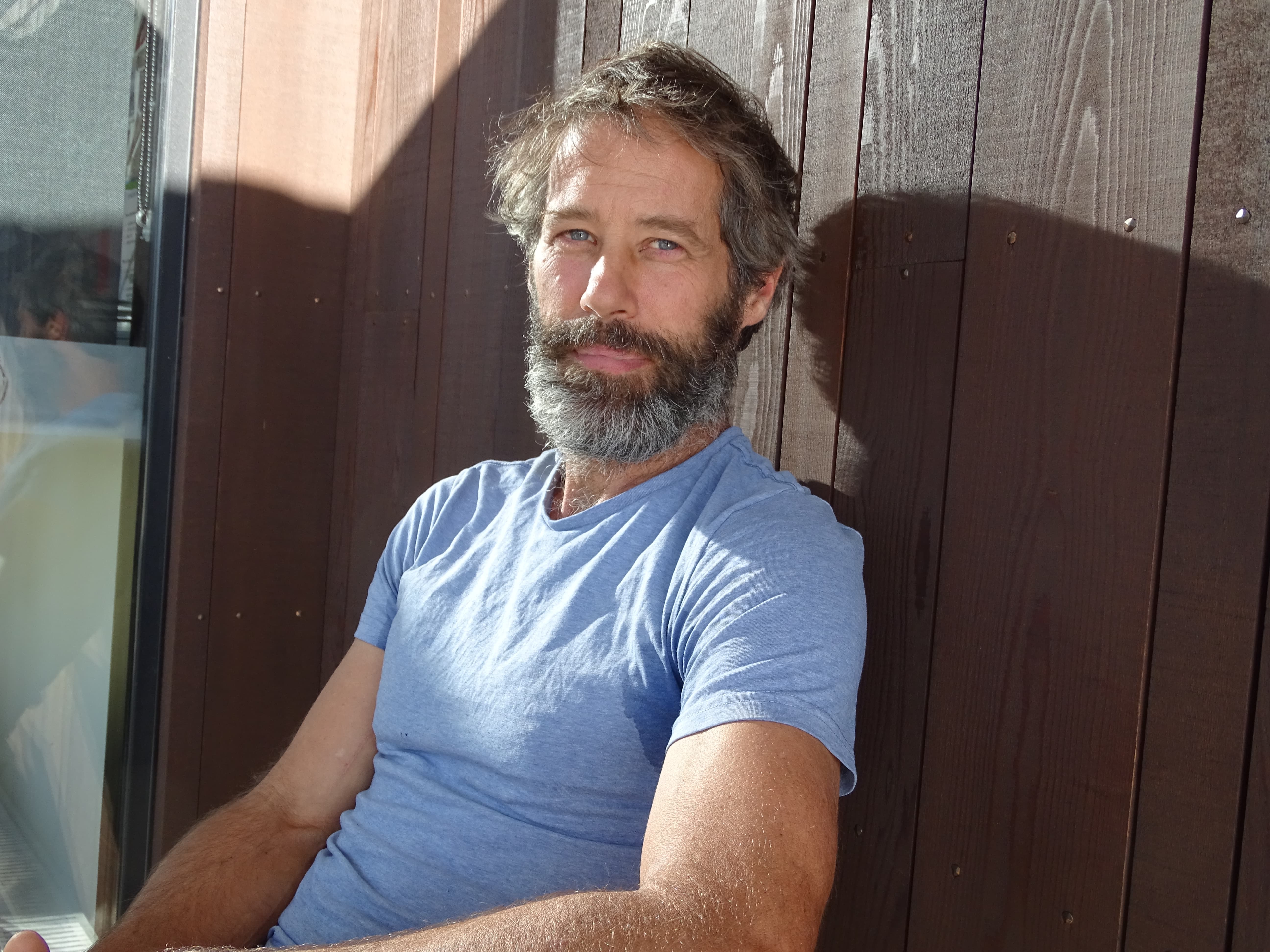Peter’s lifetime of trying to build alternative communities


Peter Myers confesses communities can be challenging. Photo: Anne Hardie.
Peter Myers admits he has had some “incredibly successful failures” with alternative communities in the past 20 years, but now he is planning a “human sanctuary” where people can escape the modern-day culture.
He has spent a lifetime escaping what he calls the “monoculture of commercialism, capitalism and corporate rule” and reckons the time is right to offer an alternative lifestyle.
In the past, he has lived in a cave in Brazil and spent 13 years living in a tent as he traversed the world.
He was part of an unsuccessful eco-village in the Motueka Valley and in 2020 he briefly owned the well-known Wellington launch ‘Sealion’, which he planned to use as a base for a small community to live around it in a self-sustained bubble.
That was until the high cost of restoring the ageing vessel prompted him to sell it on – before it sunk in the harbour.
He has not given up on finding a way to establish a community with like-minded people who grow their own food, live a different culture and can be “more satisfied with their lives and lifestyle”.
It prompted an advertisement on TradeMe under ‘Flatmates Wanted’, where he suggested potential community members could build their own dwelling, pay little and live a healthy live.
He got replies, but mostly from desperate people looking for a cheap place to call home because of the high cost of living.
While he feels sorry for those people, he says it is very challenging to live in a community when there are so many different ideas about what a community should be.
He says communities often fail because people are still living within the capitalist model that they sought to escape.
“I have watched communities fail on so many different levels.”
His idea of a community is a minimum of 200 people on shared spaces that could be spread over separate blocks of land in the region. Land could be leased, rented or possibly gifted, where small homes are built from recycled materials including building “trash” to keep costs low.
Community members would grow their own food with regenerative methods and potentially trade food for the use of land or have ‘gorilla planting’ where they grow food on somebody else’s land.
“I want to invite people to come and do an experiment – the human sanctuary.
“We have basic ideas of what we want to do, which is about improving individual health and collective health and the health of the wider community.”
He sees massive challenges in forming his human sanctuary and the biggest challenge is “finding the pioneers”.
In a bid to find those pioneers, he is in the process of creating the human sanctuary website to explain his vision.
